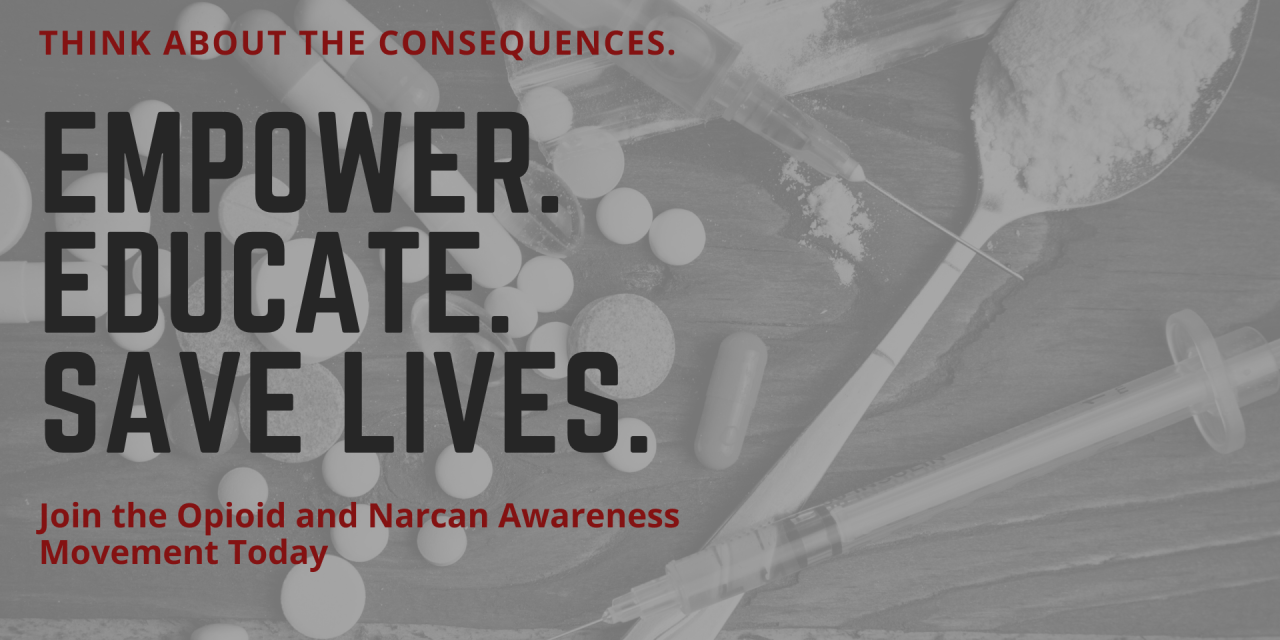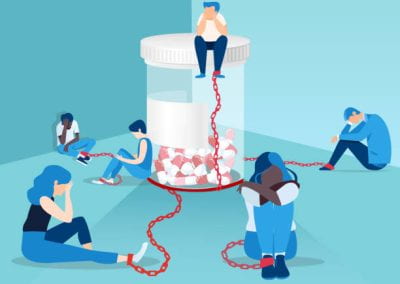Entering college marks an exciting and transformative chapter in your life. It’s a time of newfound freedom, self-discovery, and endless possibilities. However, with this newfound independence comes the responsibility to make informed decisions, particularly when it comes to alcohol and drugs. In this blog post, we’ll explore the importance of opioid/Narcan awareness, equipping you with the knowledge to stay safe and make smart choices during your college years.
Understand the Opioid Crisis
The opioid crisis is a major public health concern affecting communities across the globe. Learn about the dangers and potential consequences of opioid misuse, including addiction, overdose, and long-term health issues. Educate yourself about the different types of opioids, such as prescription painkillers, heroin, and synthetic opioids like fentanyl.
Proper Medication Usage
If you are prescribed opioids for any reason, it’s crucial to follow your doctor’s instructions carefully. Do not share your medication with others, as it can lead to unintended consequences. Dispose of any unused medication properly to prevent misuse.
Recognize the Signs of Overdose
Knowing the signs of opioid overdose could save someone’s life. Symptoms include slow or shallow breathing, pale skin, pinpoint pupils, and unresponsiveness. If you suspect someone may be experiencing an overdose, call emergency services immediately.
Support and Advocacy
Consider joining or supporting campus organizations that promote opioid awareness and advocate for harm reduction measures. These groups can provide valuable education, resources, and support to those affected by opioid misuse. The state of Arkansas provides free collegiate Narcan training to familiarize yourself with the signs, procedures, and prevention of overdoses.
Your college years should be a time of growth, exploration, and learning. By prioritizing alcohol and opioid awareness, you empower yourself to make informed choices regarding your health and well-being. Remember, knowledge is power, and taking the time to understand the risks and resources available will help ensure a safe and rewarding college experience. Reach out to your campus community and stay connected with peers who share your commitment to responsible decision-making. Together, we can build a culture of awareness and support that promotes a healthy and vibrant college environment.










Recent Comments